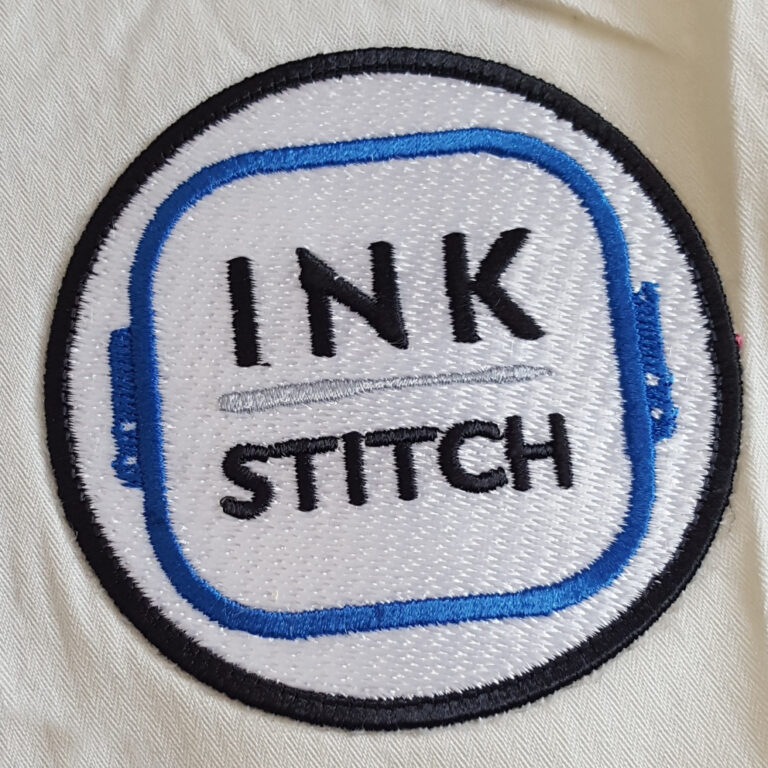Navigating the Sewing World: Finding a Sewing Teacher to Elevate Your Skills
The world of sewing is a vibrant and welcoming space, filled with endless possibilities to create unique and personalized pieces. Whether you’re a beginner eager to learn the basics or an experienced sewist seeking to refine your techniques, finding a sewing teacher can significantly enhance your journey.
Identifying Your Learning Style
Before embarking on your search for a sewing instructor, consider your learning style and preferences. Some individuals thrive in a structured classroom setting, while others prefer more personalized instruction in a private environment. Similarly, some prefer hands-on instruction, while others grasp concepts better through visual demonstrations or written materials.
Exploring Online Options
The internet provides a wealth of resources for finding sewing teachers. Online platforms like YouTube, Skillshare, and Udemy offer a wide range of sewing courses, from beginner tutorials to advanced techniques. These platforms provide flexibility and convenience, allowing you to learn at your own pace from the comfort of your home.
Seeking Local Instructors
Local sewing instructors offer a more personalized learning experience, often tailoring their instruction to your specific goals and needs. They may also provide access to sewing machines, equipment, and workspace, eliminating the need for individual investment.
Considering Sewing Classes Offered by Local Shops
Fabric and craft stores often offer sewing classes led by experienced instructors. These classes provide a great opportunity to learn from professionals and network with fellow sewing enthusiasts in your area.
Networking with Sewing Communities
Sewing communities, such as online forums, social media groups, and local clubs, can provide valuable insights into the expertise of local sewing teachers. Engage with fellow sewists to gather recommendations and learn about their experiences.
Evaluating Instructor Qualifications
When evaluating potential sewing instructors, consider their qualifications, experience, and teaching style. Check their credentials, such as sewing certifications or relevant educational background. Read reviews from past students to gain an understanding of their teaching approach and communication style.
Scheduling Initial Consultations
Once you’ve narrowed down your options, schedule initial consultations with prospective instructors. These consultations allow you to assess their teaching style, experience level, and ability to meet your specific needs. Discuss your learning goals, preferred learning style, and any specific techniques or projects you want to learn.
Building a Rapport with Your Instructor
Finding a sewing teacher who shares your passion for sewing and can establish a rapport with you is crucial for a successful learning experience. Ensure that you feel comfortable communicating with your instructor and that they demonstrate a genuine interest in your progress.
Communicating Clearly with Your Instructor
Open communication is essential for a productive learning relationship. Clearly express your learning goals, any challenges you encounter, and your desired learning pace. Your instructor should be receptive to your feedback and adjust their approach accordingly.
Embrace the Learning Process
Learning to sew is a journey of continuous learning and improvement. Embrace the challenges, seek guidance from your instructor, and enjoy the process of transforming your creative ideas into tangible creations.
Whether you’re a complete novice, a highly experienced hobbyist, a latent sewer or a sewing professional, there’s always something new to learn. A class is a fun way to learn basic skill, master an innovative technique or get to know a new product. It’s also a fun social interaction with others who have similar interests.
Classroom Cues
Formal sewing classes vary greatly in duration, format and scope. A beginning sewing class is likely to require a commitment to attend several sessions. A project class might be a one-day event. A process class, in which you master a specific technique and make samples, could be only a few hours long. If you learn best by doing, be sure to sign up for a hands-on class instead of a lecture/demo class where you’ll just listen and watch.
Personal Matters
Private lessons are also available. Expect to pay more; but as the sole customer you’ll
be in a position expect class content and format tailored to your personal needs and
interests.
Store Classes
Stop at local fabric stores or machine dealers to inquire about on-site classes.
Even if a store doesn’t have classroom space, be sure to get on the shop’s mailing
list. Both independent and chain stores often host special events featuring industry
experts or nationally-known sewing educators and sometimes they’re held offsite.
If a shop doesn’t currently offer classes, ask the owner and staff about sewing
professionals in the local community—they may be frequent customers.
Back to School
Enthusiastic beginners and experienced sewers alike are encouraged to seek out
adult education classes at colleges and community colleges, community centers,
YMCA’s and senior centers. In some locales the county cooperative extension agents
also offer classes.
If you’re willing to travel consider attending conferences and expo’s. These events are filled with classes from well-known sewing experts.
To find out about locally-organized sewing, quilt, wearable art or stitchery guilds, check the “community calendar” section of the local newspaper or see if your library maintains a database of clubs and organizations.
Go Pro
Another resource is the body of custom dressmakers and alteration specialists in your area. Ask if they also teach, or know who does. Because it’s common for the non-sewing public to inquire about sewing services at local fabric stores, look there for business cards or a
bulletin board of local professionals. Also check the Yellow Pages.
Show Time
Another option, depending on where you live and if you’re willing to travel, is to attend a sewing expo or convention. Usually held in metropolitan areas, sewing shows provide the opportunity to learn from nationallyknown sewing experts. Show promoters advertise in
sewing magazines, so the best way to stay informed about show schedules is to watch for ads in your favorite sewing publications.
A Trade-off
If none of the suggestions above address your particular situation, don’t despair—just become
inventive! Don’t rule out the potential for getting help from someone who has good sewing skills, but no teaching experience. Go back to the fabric store staff,
the guild members or the dressmakers you’ve talked to and inquire about private lessons. It’s common for those without prior teaching experience to be uncomfortable
about setting a price for instruction. To put a potential teacher at ease, offer to barter for services. A proposal to trade professional services, child care, meals or gardening may be just the incentive needed to bring out the teaching ability in a sewing friend.
Sew Virtual
Self-starters and sewers who prefer to work at their own pace are encouraged to explore online sewing classes (try typing “online sewing classes” or online + sewing classes into your favorite search engine). The downside, of course, is that the instructor isn’t able to look over
your shoulder. Before enrolling in an online class, be sure to thoroughly research the class format, method of presentation (video, downloadable graphics, etc.) and
schedule. Some Internet classes provide interactive opportunities via chat sessions or e-mails; you may even be able to ship actual samples to the instructor for
evaluation. Sew, where there is a will to learn, there is also a way
Related Posts
Discover relevant articles, tutorials, and tips to improve your skills and explore new techniques.
Stay inspired and connected to our embroidery community.







Right here is the right site for anyone who wants to find out about this topic.
You know so much its almost tough to argue with you (not that I really will need to…HaHa).
You definitely put a new spin on a topic which has been discussed for ages.
Great stuff, just excellent!
Great post. I was checking constantly this weblog and I am inspired!
Very useful info specially the ultiimate phase 🙂 I maintain such information a lot.
Iused to be seeking this particular info forr a long time.
Thanks and best off luck.
This is the perfect website for anybody who would like to understand this topic.
You know so much its almost hard to argue with you
(not that I really would want to…HaHa). You definitely put a brand new
spin on a subject that’s been written about for many years.
Wonderful stuff, just great!
I like reading an article that can make people think.
Also, many thanks for allowing for me to comment!